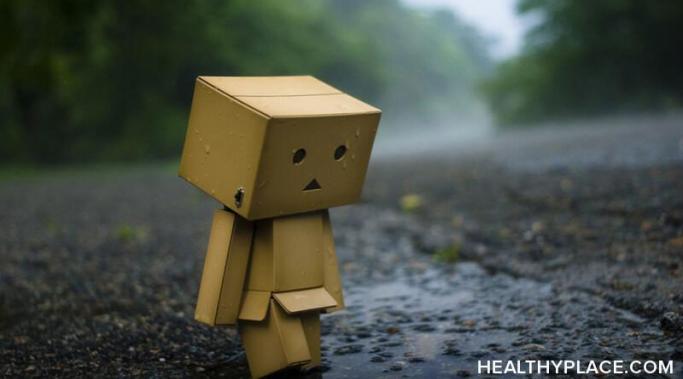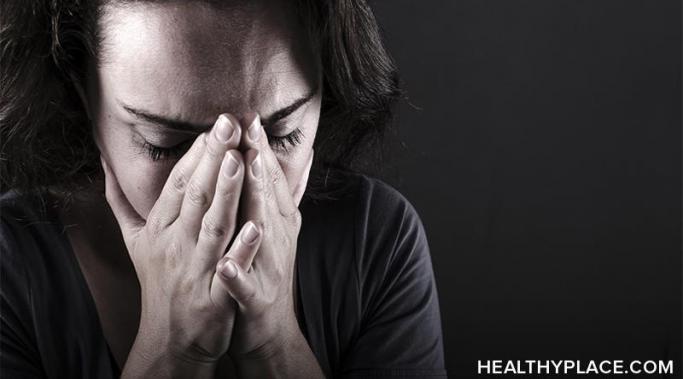Blogs
Seasonal changes affect my mental and physical health in various ways, particularly during the hottest and coldest months of the year. The effects have ranged from fatigue and irritability during summer to depression in winter. Fortunately, there are ways to manage these seasonal changes and maintain balance.
Some who have struggled with childhood trauma might develop maladaptive daydreaming as a coping mechanism. For example, when I was only four, I endured child-on-child sexual assault and emotional abuse that made me feel isolated from the rest of the world. It felt too terrifying and heavy to be in the real, present moment. Any time I was still or not distracted, I felt extreme anxiety, panic, and sadness. This led to my development of maladaptive daydreaming — a habit I am still actively trying to break as an adult today.
For most people practicing an alcohol-free lifestyle, there will eventually be an alcohol-centered party or event worth attending. Concerts, weddings, and holiday gatherings can be tricky, but not impossible, to navigate as a sober person. One thing that has helped me stay alcohol-free on a boozy night out is to redefine success.
Support groups have helped me a lot with my schizoaffective disorder over the years. Here are some ways support groups have been beneficial. (Note: this post contains a trigger warning.)
I've dealt with anxiety for a long time, and I've gotten to a point where I can recognize the symptoms of it. The problem is that sometimes anxiety happens for no apparent reason. When this happens, it's hard not to attribute it to something happening at the time. But sometimes, there really is not anything to attribute it to, and so, trying to problem-solve to help reduce any symptoms related to anxiety becomes difficult.
I was thinking back to my high school days. In particular, a memory of a talk in the school hall about the danger of harder drugs told by a recovering addict. That's where the term "gateway drug" became part of my vocabulary, specifically in relation to cannabis. This gateway drug idea was true on my part -- I firmly embraced the culture of marijuana at a young age. But my first drug encounter was with alcohol at the tender age of 13.
When was the last time you took a mental health day and didn't feel guilty about it? Wait, when was the last time you took a mental health day in the first place? Let's take a look.
One of the most complex parts of my recovery journey has been facing and letting go of the overwhelming guilt and shame I have attached to my past. These strong emotions can be difficult to work through, but there is freedom in learning from guilt. I am working on finding the lesson in each circumstance and letting go.
I think a healthy dose of fear helps ensure the integrity and continuity of our person and the relatively rational decision-making process that keeps us moving forward in our lives, or at least keeps us stable. Fear is necessary, but when left unchecked, it has a tendency to take over our lives. It takes one to know one, after all. I've spent the better part of my life cowering at one thing or another, and it led to total paralysis. If you're constantly afraid, whether it be of monsters, murderers, failure, or—finally—death, you've lost your freedom. You're a slave to your fear, and every choice you make won't reflect your autonomy as it ought to but, instead, your imprisonment. But you can make fear your friend to increase its usefulness.
Five symptoms of anxiety and depression include feelings of worthlessness, intense fear, rumination, thoughts of suicide, and guilt. I have experienced all of these symptoms. This has led me to miss out on opportunities that could have helped me improve my self-esteem, reach my goals, and find fulfillment. Last week, I decided to change that by volunteering for the Crisis Text Line. (Note: This post contains a trigger warning.)










I've been with the same company now for 18 years. Over the last couple of years, I've also been experiencing dips in depression, with some days/weeks being worse than others. I got a new boss 3 years ago and every year its an uphill battle with him. Meetings are never fruitful; they just ends up being one-way shouting, screaming and lashing out. Being with the company so long, maybe I'm the problem. I've been applying not stop for other positions, but nothing, not even an invite to an interview. I'm 43 years old, and I feel like I've accomplished nothing, and I'm just stealing oxygen at this stage. The anxiety, depression, and demoralized feelings are getting the best of me, but I simply cannot quit as I have a family to support.
Thanks for another great article! Although I wonder if there's at least an astronaut living with Bipolar.
I started Latuda (20 mg) in January 2020. I feel better than I have ever felt in my entire life before and after being diagnosed with BP.
I couldn't go back to life before bipolar disorder, because if I didn't always have it, I always suffer from mental illnesses like depression and OCD. But I definitely wouldn't go back to life before Latuda.
Blessings,
Emma